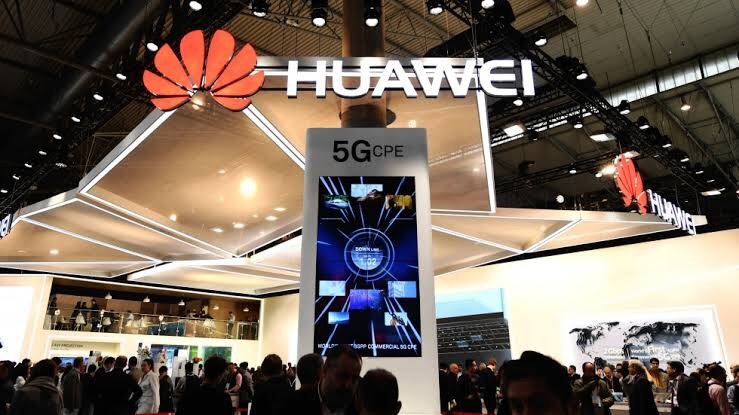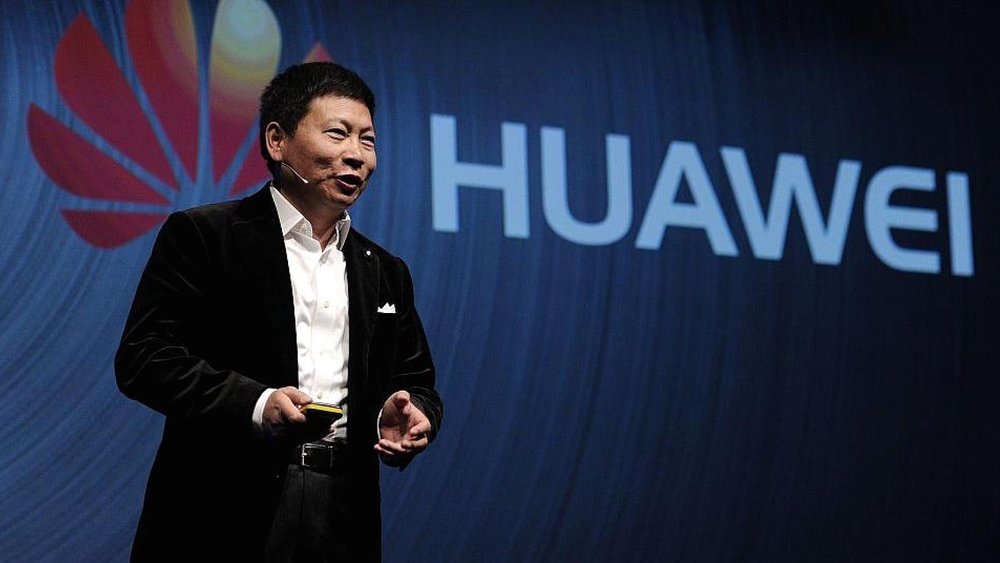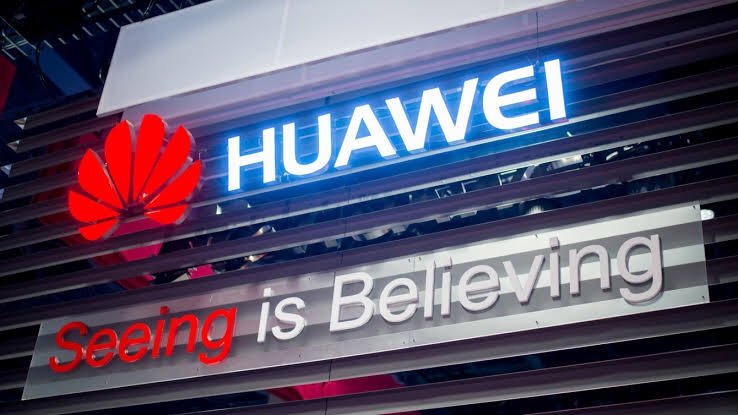According to a Huawei rotating chairman, Eric Xu, the revenues of the Chinese technology giant will reach $100 billion in 2018. If it succeeds, that would make it the first time ever that the company will attain such a feat. While speaking to a media outlet last week through a translator, Xu noted that the company’s business is experiencing growth which is slightly better than projections.
Xu mentioned that there isn’t any contention about the fact that the company can reach the $100 billion benchmark. However, he refused to elaborate on the driving factors of the growth.

For the first half of the year, Huawei was reportedly able to generate a revenue of 327.5 billion yuan which is equivalent to $49 billion. All through last year, the Chinese technology company reported revenue of about $92.5 billion which based on the exchange rates at the end of the year.
Analysts Reaction
Analysts have noted that the growth the company has recorded so far has been fueled by the strength of its performance in different types of businesses, particularly its consumer division. This division has reportedly continued to record significant rise. At the moment, Huawei takes the spot of the second largest manufacturer of smartphones based on market share in the world. Apple comes after Huawei in this wise.

The growth of Huawei's revenue has been further improved by the strength of its performance in diverse business spheres
Analysts have mentioned that even though the wireless 5G services of Huawei frequently get blocked, the current rules still indicate that some global contracts and base stations have been able to achieve some specific results. The revenue of Alibaba in 2017 came in at 158.273 billion yuan which is approximately $22,994 million, the 2017 revenue of Tencent came in at 237.76 billion yuan. Jingdong revenue in 2017 was 362.3 billion. The revenue of Huawei in 2017 was about 603.6 billion yuan.
Security Concerns
The cyber-security agency of Britain has issued warnings that it currently still has some technical concerns about Huawei. That follows an increase in the U.S' calls that its allies should block the telecom giants in China from continuing their network technology operations arising from fears of espionage.
National Cypher Security Centre and a part of GCHQ reacted after New Zealand went ahead to block the Chinese tech titan from placing bids on the next generation of 5G telecom network. That made New Zealand the first country to do that.
A spokesperson for NCSC said that there are concerns about some technical issues on the part of the company and it has stipulated some improvements which the company is expected to make. The United Kingdom, on the other hand, has, however, continued working with Huawei. That is even amid the condemnation by the U.S. security agencies that the Chinese company is a potential security risk. On its part, Huawei has continued to deny the allegations against it. The allegations have recently increased due to the fact that the founder has close links with the Chinese military.
Also, DCMS is currently reviewing the future of the UK networks and that is expected to be finalized during this spring.
Also, German and British security officials have currently been lobbying concerning the issue raised by the US security officials that visited Europe. Their aim is to urge the allied nations towards securing the networks as well as supply chains giving that mass roll-out of the 5G technology will soon commence.
UK's Continued Dealings With Huawei
Officials informed a media outlet that envoys in the US have tried to urge the UK to work towards securing their networks. The US keeps taking steps to push for safeguard measures against Huawei. Currently, the UK is making preparations for different 5G auctions aimed at championing the deployment of some new mobile services that are super fast.
There are expectations that Huawei will be a chief player as it is considered less expensive when compared with other providers. The security officials in the US have been trying to push European counterparts with the aim of exercising restraint on the company.

The UK reportedly has plans to make Huawei its chief provider of 5G network
According to German officials, the influence of the US recently has greatly increased. Earlier in July, a yearly report gotten from an oversight board that was established for the monitoring of the telecoms equipment of Huawei in the UK indicated that there existed critical shortfalls in certain components. NCSC is in charge of overseeing a special division that is in charge of monitoring the company’s hardware in the UK.
The division is called The Cell. Also, there is an oversight board headed by the CEO of NCSC, Ciaran Martin. The report also mentioned that in the past, they were able to make multiple discoveries of very critical shortages in the engineering practices and the processes of Huawei that had the tendency to increase the long-term risk in the United Kingdom.
